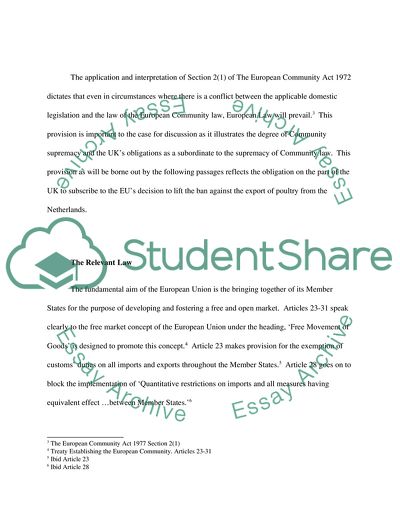Cite this document
(Uniqueness of European Law Essay Example | Topics and Well Written Essays - 2250 words, n.d.)
Uniqueness of European Law Essay Example | Topics and Well Written Essays - 2250 words. https://studentshare.org/law/1706969-european-law-coursework
Uniqueness of European Law Essay Example | Topics and Well Written Essays - 2250 words. https://studentshare.org/law/1706969-european-law-coursework
(Uniqueness of European Law Essay Example | Topics and Well Written Essays - 2250 Words)
Uniqueness of European Law Essay Example | Topics and Well Written Essays - 2250 Words. https://studentshare.org/law/1706969-european-law-coursework.
Uniqueness of European Law Essay Example | Topics and Well Written Essays - 2250 Words. https://studentshare.org/law/1706969-european-law-coursework.
“Uniqueness of European Law Essay Example | Topics and Well Written Essays - 2250 Words”. https://studentshare.org/law/1706969-european-law-coursework.


